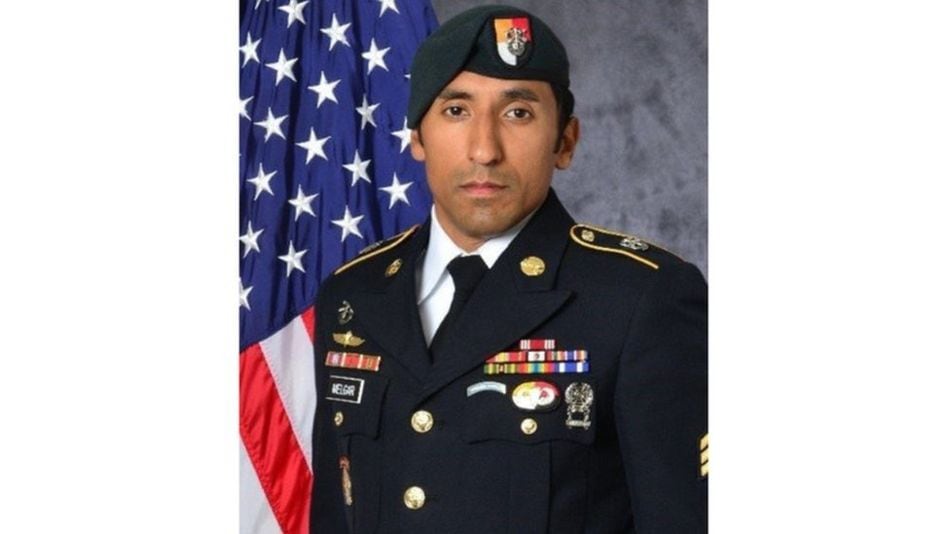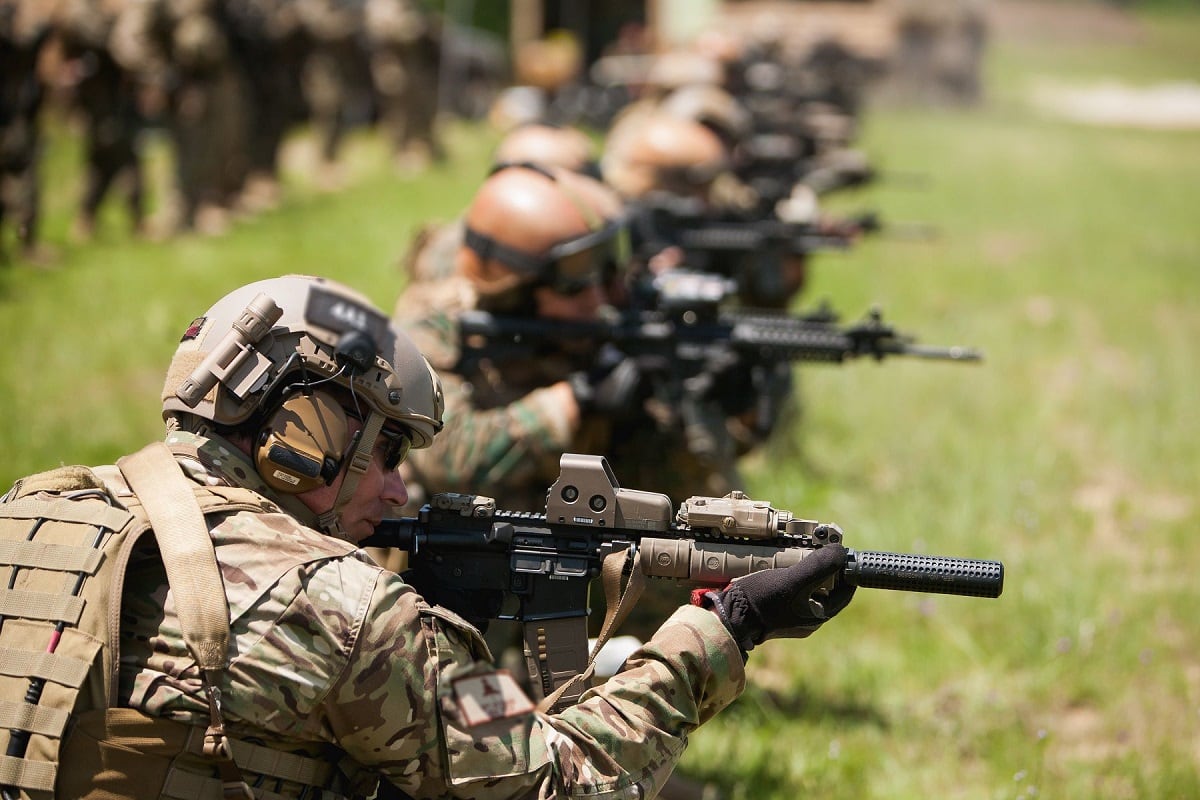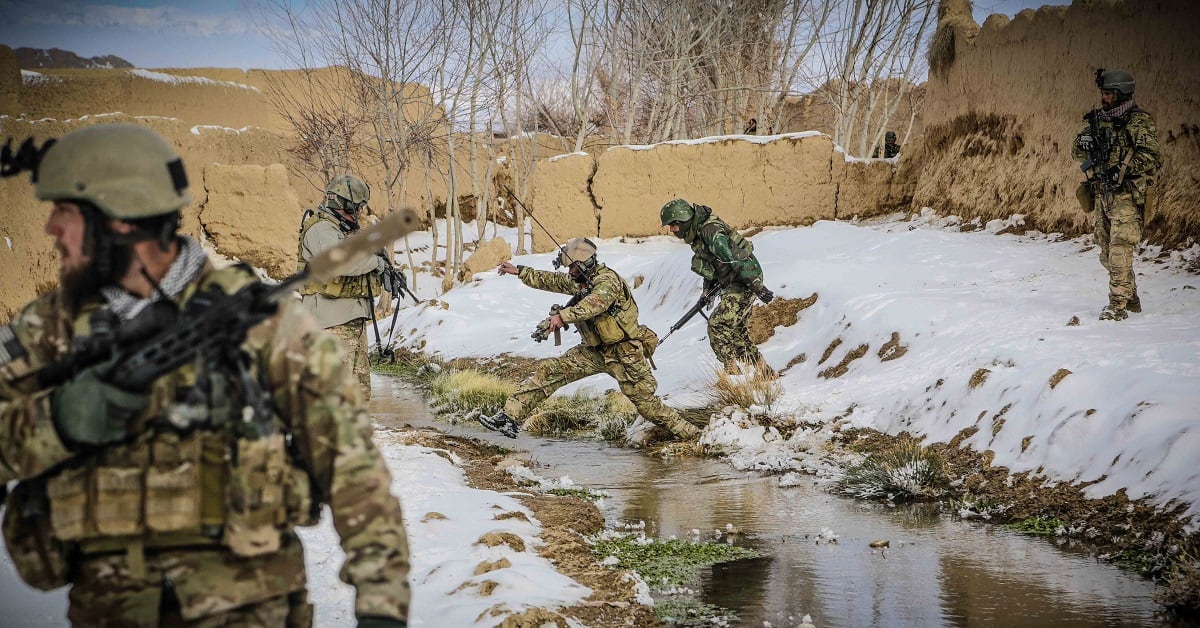This fall has been rough for headlines involving special operations troops.
Two Navy SEALs and two Marine Raiders face murder charges in the death of a Green Beret last year in Mali. Meanwhile, a Navy SEAL is under investigation for murdering an Iraqi detainee, and a dozen of his colleagues could be called as witnesses.
Now, after U.S. Special Operations Command has been entrenched in the Global War on Terror for going on two decades, Congress is calling on a Defense Department review of the entire organization, from its operational load to ― notably ― the state of its professionalism and ethics programs.
The most recent National Defense Authorization Act points to “growing congressional concern with misconduct, ethics, and professionalism," according to a Congressional Research Service report published in late October.
“That review is ongoing right now,” a defense official told Army Times on Wednesday.
Senior leaders within the Army have also taken notice, pushing out guidance ahead of DoD’s official report back to Congress.
In a Nov. 29 memo to the force, Army Special Operations Command boss Lt. Gen. Francis Beaudette called on his troops to take a hard look at themselves.
“Recent incidents in our formation have called our ethics and professionalism into question, and threaten to undermine the trust bestowed on us by the American people and our senior leadership,” he wrote.

Leaders need to set a tone in their units that enables soldiers and civilians to make the right decision “left of bang,” before they’ve done something they can’t take back and have to face consequences.
“If we fail to meet the high standards expected of us, we fail in our duty to the nation,” he wrote.
Blockbuster stories like murder and corruption abroad have gotten major press attention, but further down in the weeds, there are countless stories of individual misconduct in operators' personal lives.
Just this year, Army Special Forces soldiers have been charged with attempting to smuggle cocaine back from Colombia, the murder of an estranged wife, the sexual assault of a family friend, and the rape of two young girls. Three of those four cases came out of 7th Special Forces Group at Eglin Air Force Base, Florida.
The NDAA directs the office of the secretary of defense to study professional and ethics standards for SOCOM and its component commands, as well as those within each of the services available to their respective special operations troops.
RELATED

Further, they’ll have to report back on the roles and responsibilities in each of those organizations in making sure their members participate in those programs, and whether there are gaps in management or any guidance required to get everyone on board.
Congress also wants to see tools and metrics for evaluating current issues and the programs that exist to address them, as well as recommended actions to address individual, organizational and senior leader accountability.
“It is incumbent upon our leadership down to the team-room level to intensify our emphasis on [Army special operations forces] values and character,” Beaudette wrote. “Service is a privilege, and this privilege is grounded in a culture of accountability and professionalism that extends far beyond program compliance."
A report is due to the House and Senate armed services committees by March 1, according to the NDAA.
Meghann Myers is the Pentagon bureau chief at Military Times. She covers operations, policy, personnel, leadership and other issues affecting service members.





